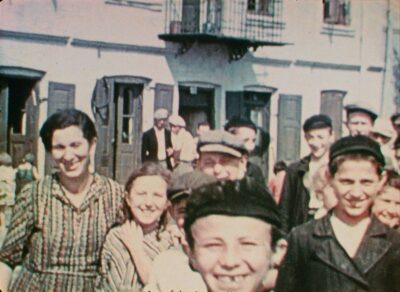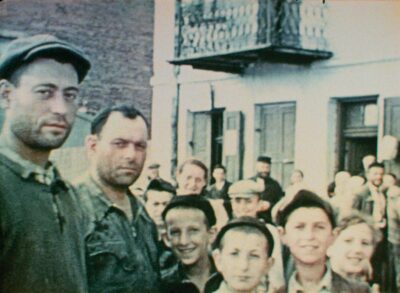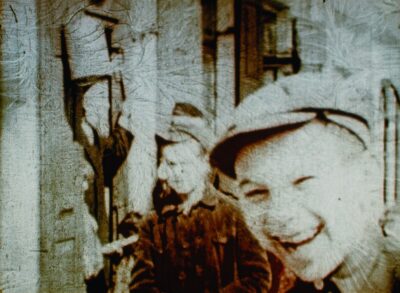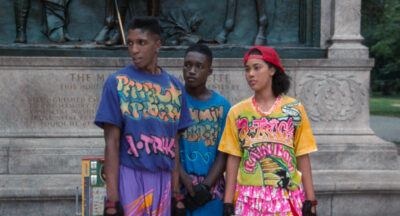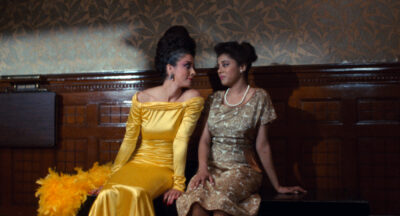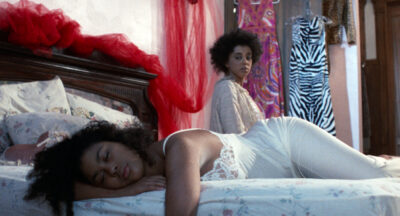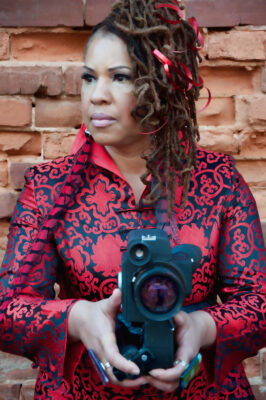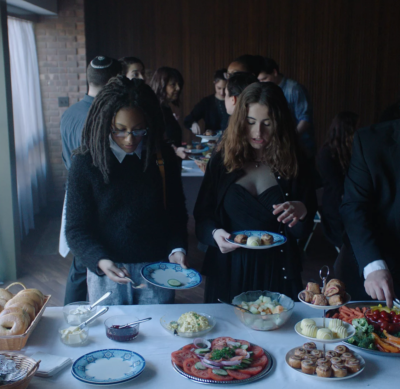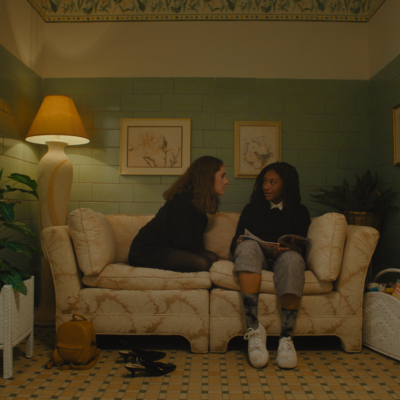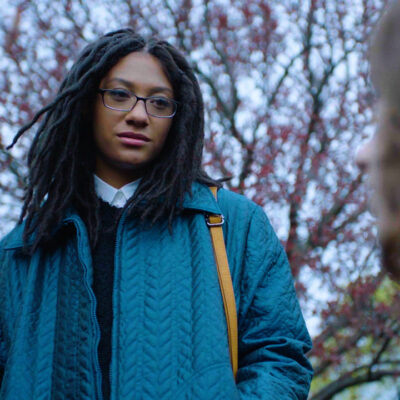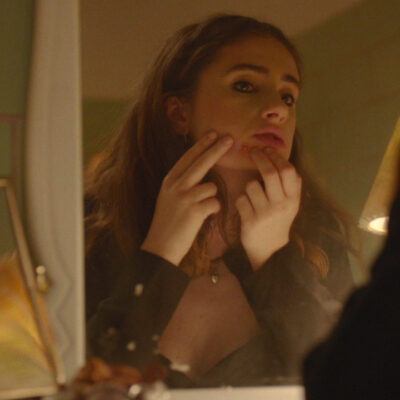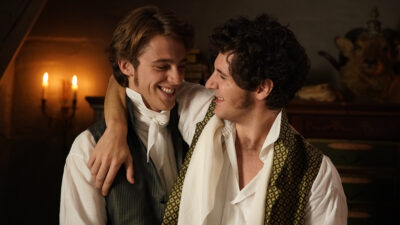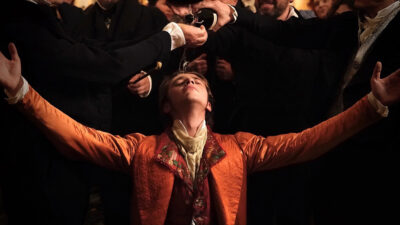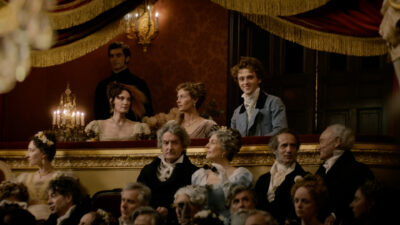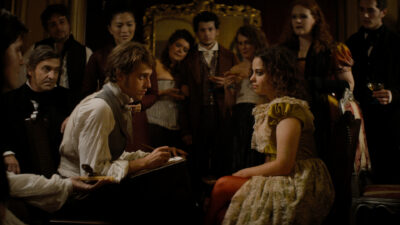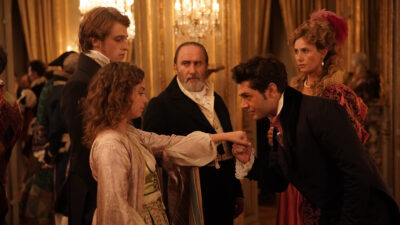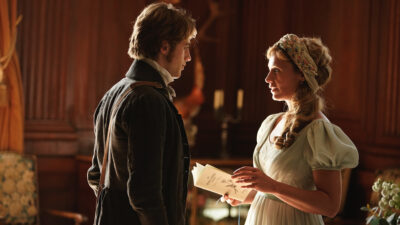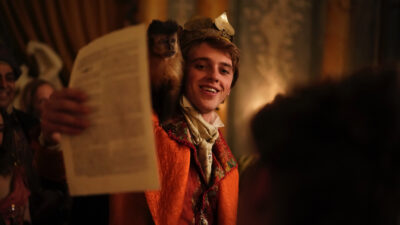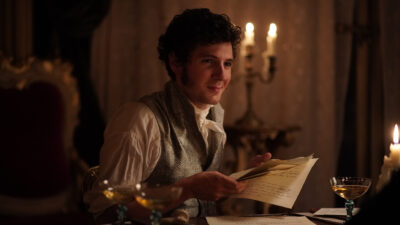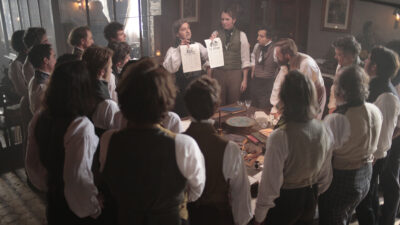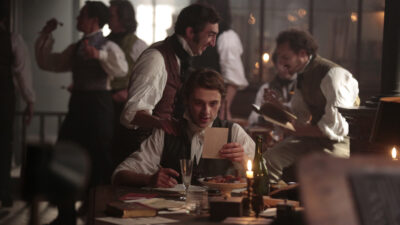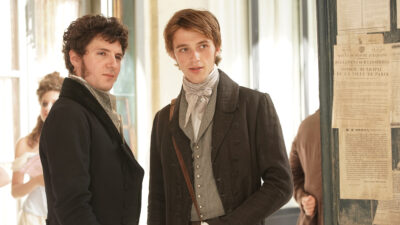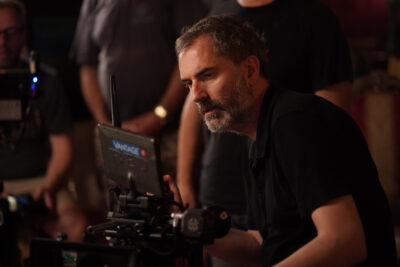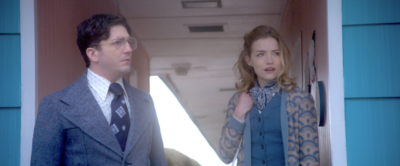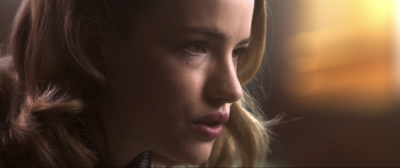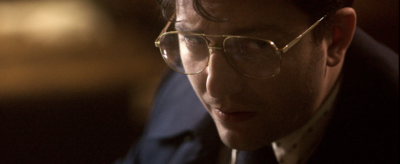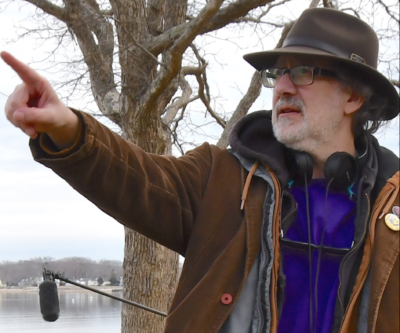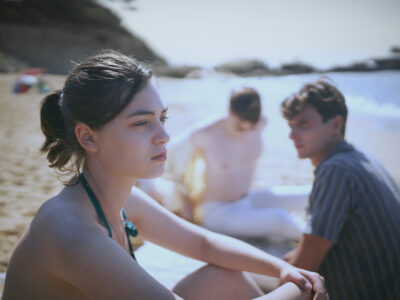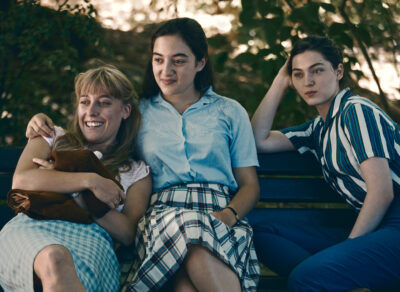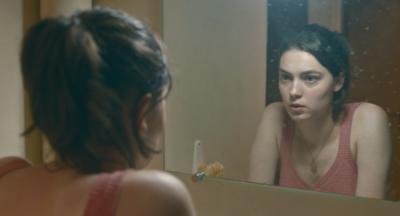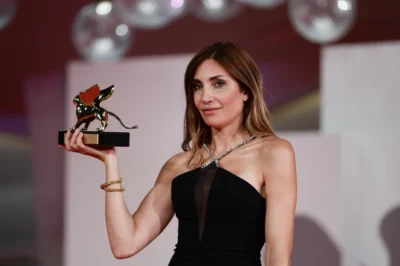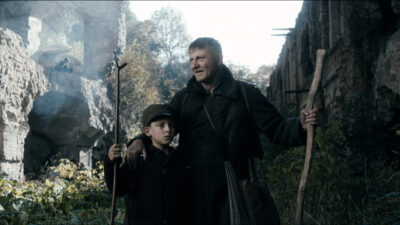Only in Theaters filmmaker Raphael Sbarge kindly penned a director’s statement to share with you:
“I grew up in New York City, which at the time felt like a city filled with artists and colorful, intellectual, people. My father was an artist and a filmmaker, my mother, a Broadway costume designer. When I met the Laemmle family, they felt very familiar to me—their caring for one another, their openness and curiosity, their shared passion for art, music and culture, and their recognition that those things make life richer.
“It was always the Laemmle family that drew me to this story.
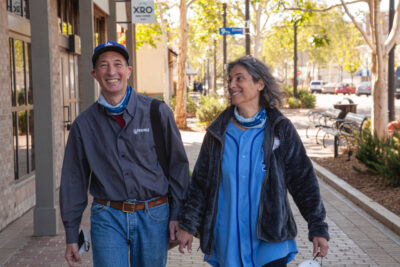
“Our plan was to highlight the Laemmle family’s unbelievable legacy and impact on the motion picture industry and set it against the slowly changing landscape. What we didn’t realize was the extent to which we were poised to witness history unfold. Not long after we started, we realized the story was much bigger than we had imagined.
“We ended up following the family for over two-and-a-half years, during which the Laemmle story became a microcosm of the macrocosm. The question was, where was it all headed?
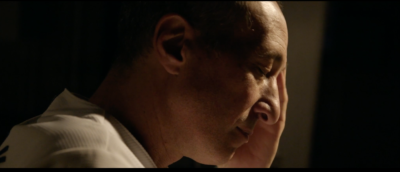
“Multiple generations of a family had built a business on the core principle of celebrating artists. There was something so innate, so essential about the Laemmle family mission, which was ever more remarkable in a world that often undervalues artists, even though artists help us see the world, interpret it, and give it meaning.
“In a world fraught with corporate values and shareholders, this was a family business that wasn’t driven only by money, but by people who understood the importance of planting a tree for the next generation.
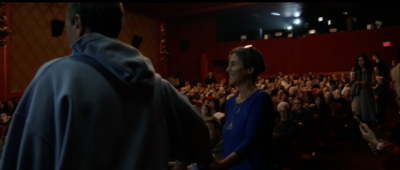
“We feel quite privileged to have been there, during what was the most tumultuous 24-month period in the theater’s history. We found ourselves quite suddenly in the “hot part of the flame,” witnessing the Laemmle’s’ challenges, which were echoed over and over by theaters around the country and around the world.” ~ Raphael Sbarge
Mr. Sbarge and cast member Greg Laemmle will participate in a Q&A following the 7 o’clock screening of Only in Theaters at the Monica Film Center on November 14 as part of the Reel Talk with Stephen Farber series. The regular engagements begin November 18 at the Royal and other Laemmle venues.

![Tickets: http://laemmle.com/film/motorcycle-diaries-0 | Subscribe: http://bit.ly/3b8JTym | On a break before his last semester of medical school, Ernesto "Che" Guevara (Gael García Bernal) travels with his friend Alberto Granado (Rodrigo de la Serna) from Brazil to Peru by motorcycle. The two men soon witness the great disparities in South America, changing their lives and the course of history.
Tickets: http://laemmle.com/film/motorcycle-diaries-0
RELEASE DATE: 5/15/2024
Director: Walter Salles
Cast: Gael García Bernal, Rodrigo de la Serna, Mía Maestro
-----
ABOUT LAEMMLE: Since 1938, Laemmle [Theatres] has been showing the finest independent, arthouse, and international films.
Subscribe to Laemmle's E-NEWSLETTER: http://bit.ly/3y1YSTM
Visit Laemmle.com: http://laemmle.com
Like LAEMMLE on FACEBOOK: http://bit.ly/3Qspq7Z
Follow LAEMMLE on TWITTER: http://bit.ly/3O6adYv
Follow LAEMMLE on INSTAGRAM: http://bit.ly/3y2j1cp](https://90bb70.p3cdn2.secureserver.net/wp-content/plugins/feeds-for-youtube/img/placeholder.png)
